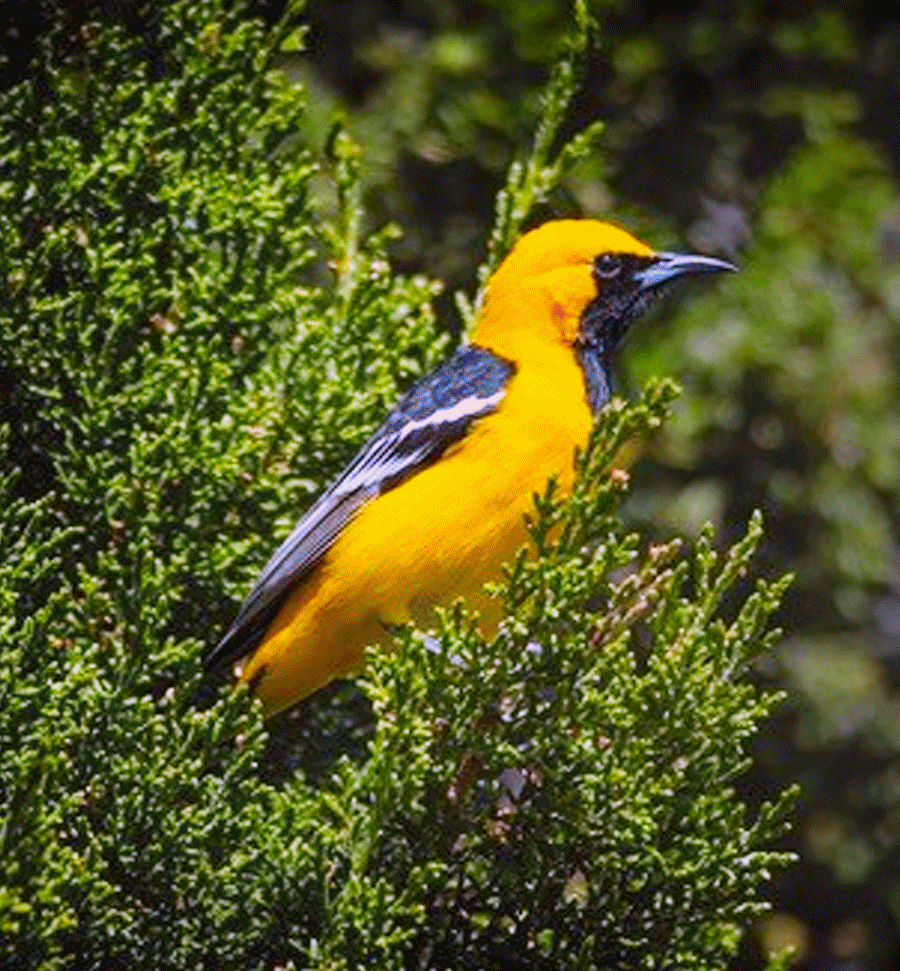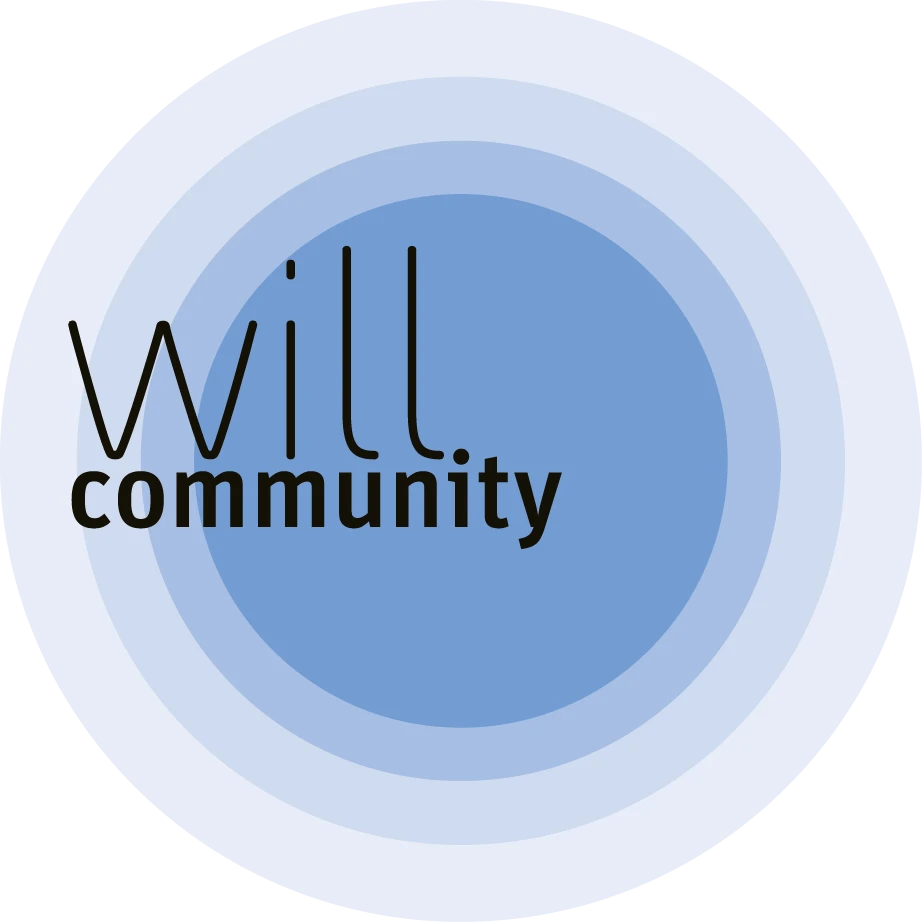Netherlanders are a thrifty, enterprising people. Their historic wisdom, a distrust of excess, I think, came from the constant awareness of knowing where they are, a sort of cultural GPS, possibly developed after the Tulip Bubble, the first capitalistic mania. When William of Orange conquered England during the “Glorious Revolution” (which was neither glorious nor a revolution), the English ultimately won the non-existent skirmish by hugging close William and his English wife Mary and stealing many of the cultural advantages the Dutch had enjoyed. We Americans shared that heritage, but the cultural GPS somehow dropped out of the inheritance.
In Delft, a university town once known for its porcelain that it had copied from the Chinese in days preceding intellectual property laws, the happy, narrow streets feature tens of bookshops. Most are small shops that remind me of the pre-Big Box days. Remember then? Remember the days before pimply-faced clerks in the now defunct Borders and the now struggling Barnes & Noble learned across the counter and smirked, seeming to say: “Super-size it!”?
Books by Dutch authors usually fill one table at a shop’s entry. Translations fill another. Books are cheaper and Dutch writers are more terse than those who write in English, for their books are shorter. Several memoirs of the war years sell for the equivalent of $15 to $18 and they fit nicely in the hand.
The translation tables are schizophrenic. Michael Connelly, Jean Auel, and James Patternson dominate with their obese, penultimate novels. Looking anemic and a little sour next to the American behemoths, the French authors, the macrobiotic intellectuals, offer worlds less physically threatening but psychologically more perilous.
In the largest Delft shop, a block from the principal canal, the sleek, oak shelves, none of which is full, have signs identifying the topics. I can make out the Dutch for “history” and “psychology,” though a couple of sections remain mysteries even when I scan the books. One section, however, poses no linguistic challenge. “Chick lit” contains more books than the cookbook section.
Disclaimer:
The views expressed here are those of the author and do not necessarily reflect those of the Southwest Word Fiesta™ or its steering committee.

We respectfully acknowledge that the entirety of southwestern New Mexico is the traditional territory, since time immemorial, of the Chis-Nde, also known as the people of the Chiricahua Apache Nation. The Chiricahua Apache Nation is recognized as a sovereign Native Nation by the United States in the Treaty of Amity, Commerce, and Friendship of 1 July 1852 (10 Stat. 979) (Treaty of Santa Fe ratified 23 March 1853 and proclaimed by President Franklin Pierce 25 March 1853).
Related Articles

Mimbres Press of Western New Mexico University is a traditional academic press that welcomes agented and unagented submissions in the following genres: literary fiction, creative non-fiction, essays, memoir, poetry, children’s books, historical fiction, and academic books. We are particularly interested in academic work and commercial work with a strong social message, including but not limited to works of history, reportage, biography, anthropology, culture, human rights, and the natural world. We will also consider selective works of national and global significance.

